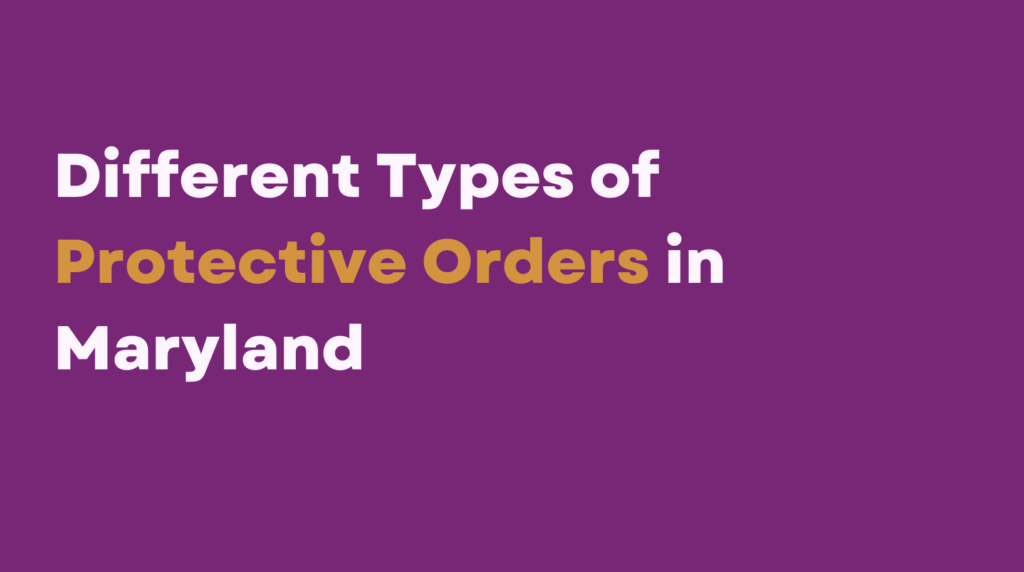Who Makes Decisions About the Child After a Divorce in Maryland?
The consequences of divorce have far-reaching effects, especially on the child. So devastating can the outcome be that one parent may determine that the child needs counseling. However, the question arises whether the parent should tell the other parent about the counseling sessions.
If you’re in such a situation as a father, it will help to consult family law attorneys at a Germantown law firm for legal counsel. They can guide you on the various aspects of child custody and who should decide on matters concerning the child.
The Parent with Legal Custody Often Has Decision-Making Rights
As a well-intentioned parent with legal custody, you may enroll your child for counseling to help them cope with the divorce or separation or the other parent’s behavior if toxic. If seeking counseling for the latter, you may not want the other parent to know what is going on, especially if the other parent doesn’t agree with the decision.
While you have the tie-braking authority and may want to have the last word in the matter, you may want to consult Germantown child custody lawyers on the best thing to do. While your request may be genuine, especially if you have legal custody of the child, the therapist doesn’t have the right to withhold information from the other parent.
Besides, you should alert the child’s school and particularly the school counselor about the situation so that they can provide as much support as possible. If the other parent finds out about the therapy sessions from the counselor or a third party, they could pursue legal action against you on the grounds of parental alienation.
What is Parental Alienation?
Parental alienation comes in many forms but generally entails one parent trying to interfere with the child’s relationship with the other parent. In the case of enrolling the child for counseling without letting the other parent know, alienation may take the form of:
- Speaking negatively about the other parent
- Denying the other parent access to the child or activities concerning the child
- Blaming the other parent for the divorce or why the relationship failed
- Giving the child too much sensitive information that should be between you and your ex-spouse to try to convince them to go for counseling
The other parent could file a petition for parental alienation and failing to comply with the parenting plan order. Before enrolling your child for counseling, consult skilled Germantown child custody lawyers to understand the implications of not letting your ex-spouse know about it.
What Happens If We Have Shared Custody?
Shared custody means the child has two residences, spending at least 35% of their time with each parent. In most arrangements, the child lives with one parent during the school year and the other during summer vacation or weekends.
In granting joint custody, the capacity of the parents to communicate with each other to reach an agreement on issues affecting the child is a significant factor. If the parents have a history of fighting and disagreeing over problems that affect the child, the court may not grant joint custody.
So, if you have joint custody, your ex-spouse has the right to consent or decline the child’s treatment. Besides, the counselor may not enroll the child without involvement from both parents and understanding of the intention of the counseling sessions.
Sadly, if your child spends a lot of time with your ex-spouse who doesn’t consent to the counseling, continuing the sessions may not be considered to be in the child’s best interests. The situation can be complex and confusing, but skilled child custody lawyers in Germantown can provide legal counsel on what you can do.
What If My Ex-Spouse Disagrees with The Counseling Sessions?
Maryland laws promote a healthy relationship between the child and both parents. Counseling is a crucial process that helps repair relationships or provide support during difficult transitions like a divorce. Before proposing counseling to the child, it’s vital to suggest the idea to the other parent, as decision-making that concerns the child should be mutual.
If they disagree with the suggestion, you should consult lawyers from a reputable Germantown law firm. They can help you explore various remedies through court or out-of-court mediation.
The Germantown family law attorneys can help you determine if your ex-spouse is unreasonable in withholding the agreement to enroll the child in counseling. In that case, it may be necessary to file a petition in court requesting the judge to consider or order counseling. Defying a court order would have legal consequences for your ex-spouse.
How Can a Child Custody Lawyer Help Me?
If, as a father, you feel that your ex-spouse is undermining your effort to protect your child’s well-being, you can seek the intervention of skilled child custody lawyers in Germantown. They can guide you on the steps to take to resolve the issue. If you must file a petition, they can help you with the process and fight for a favorable court outcome.
Meanwhile, you must strive to maintain positive communication with the other parent. Avoid bad-mouthing your ex-spouse in front of the children or denying them their visitation. Despite the overwhelming situation, you must also monitor your child’s behavior and establish basic rules for respect for you and your ex-spouse.
An Experienced Child Custody Attorney Providing Legal Guidance on Co-Parenting
Divorce can be challenging for the children as it is for the parents. To help the children cope, you may want to enroll them in counseling, but the other parent may disagree. Fighting may only make the situation worse and stress the child some more. Instead, it would help to consult skilled child custody lawyers in Germantown to guide you on what to do.
Our law firm provides legal consultation to fathers dealing with child custody disputes in Maryland. We know that an estranged ex-spouse can cause havoc and disagree with your decisions concerning your child. If this is your situation, talk to us, and let us help you fight for your father’s rights. Contact us to schedule a FREE consultation.








